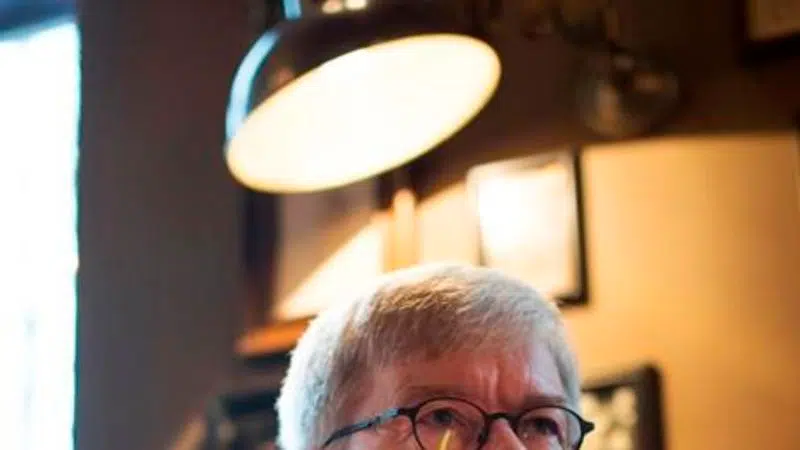
Justice sought for 4 Dutch journalists killed in El Salvador
It was 1982, the height of the civil war in El Salvador. Four Dutch TV journalists linked up with leftist rebels near the town of El Paraiso, which had an army base on its outskirts.
Planning to spend several days behind rebel lines, the newsmen hoisted rucksacks onto their backs and walked single-file down a trail.
They had only minutes to live. Lying in wait, Salvadoran soldiers armed with assault rifles and machine-guns were ready to spring an ambush.
